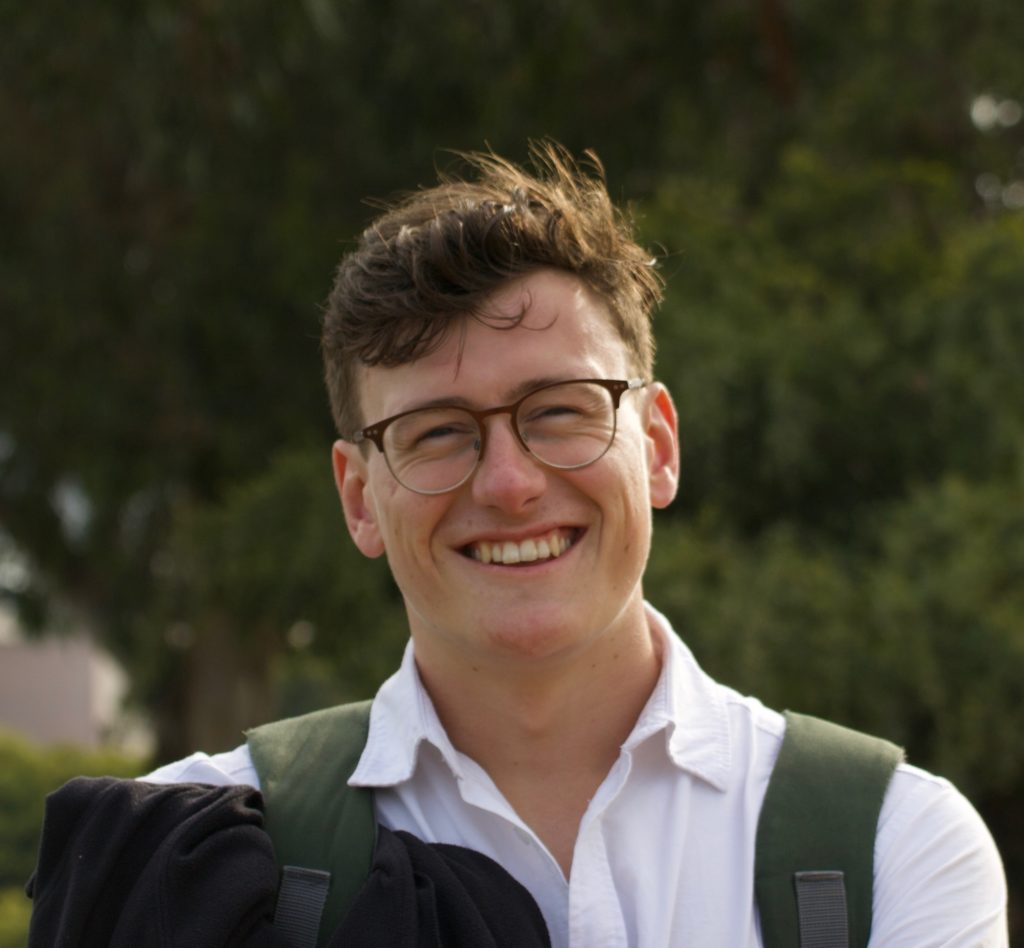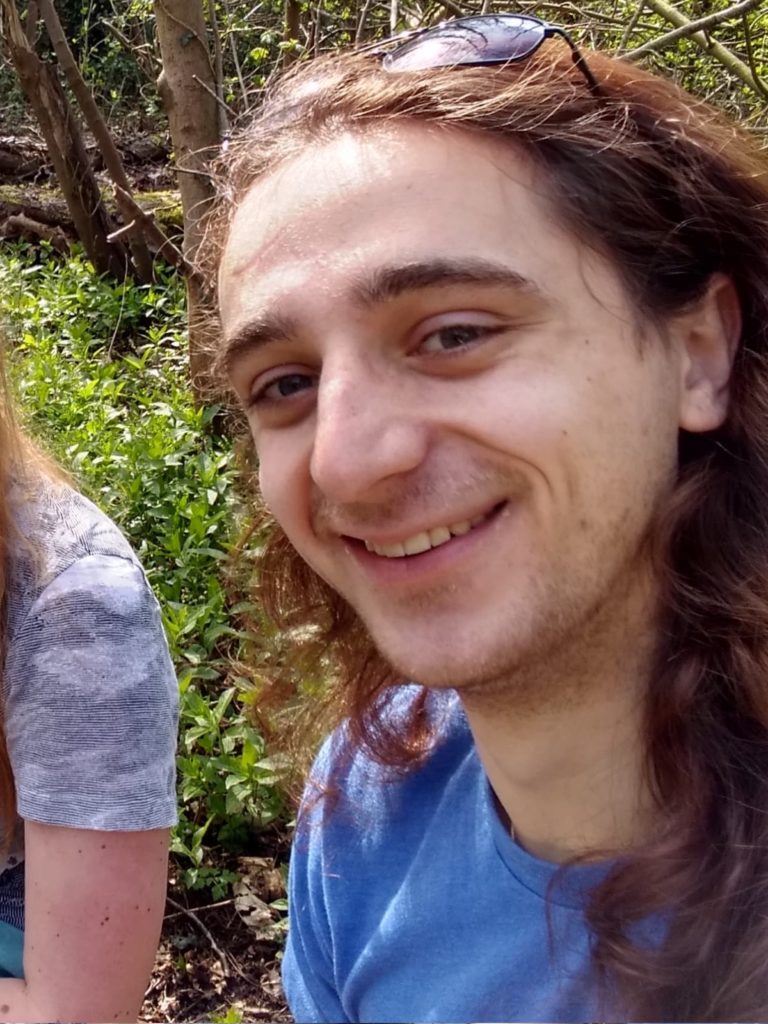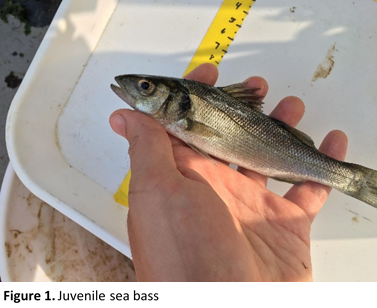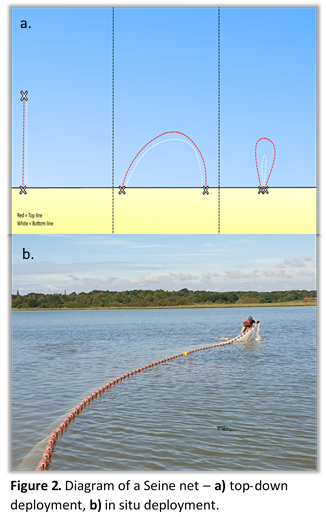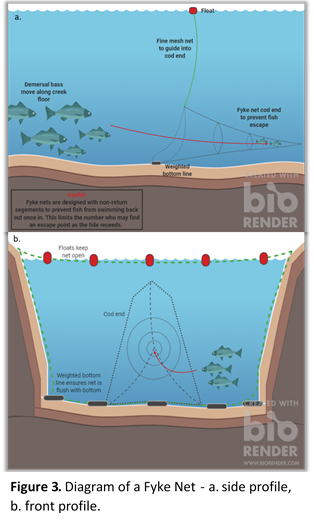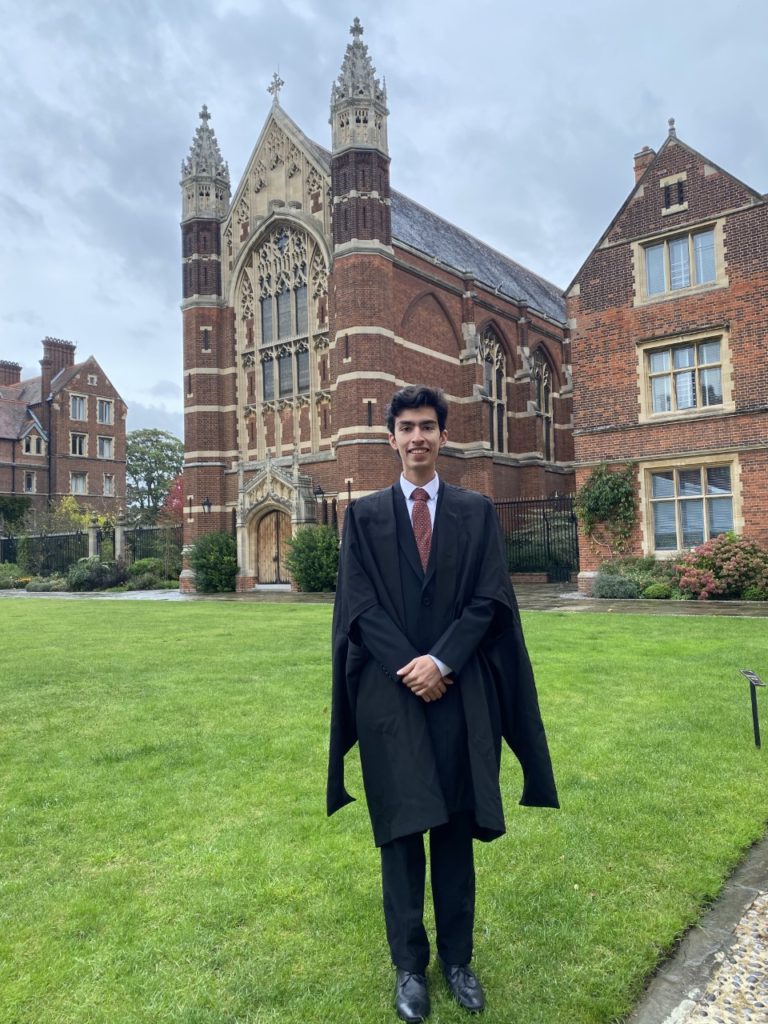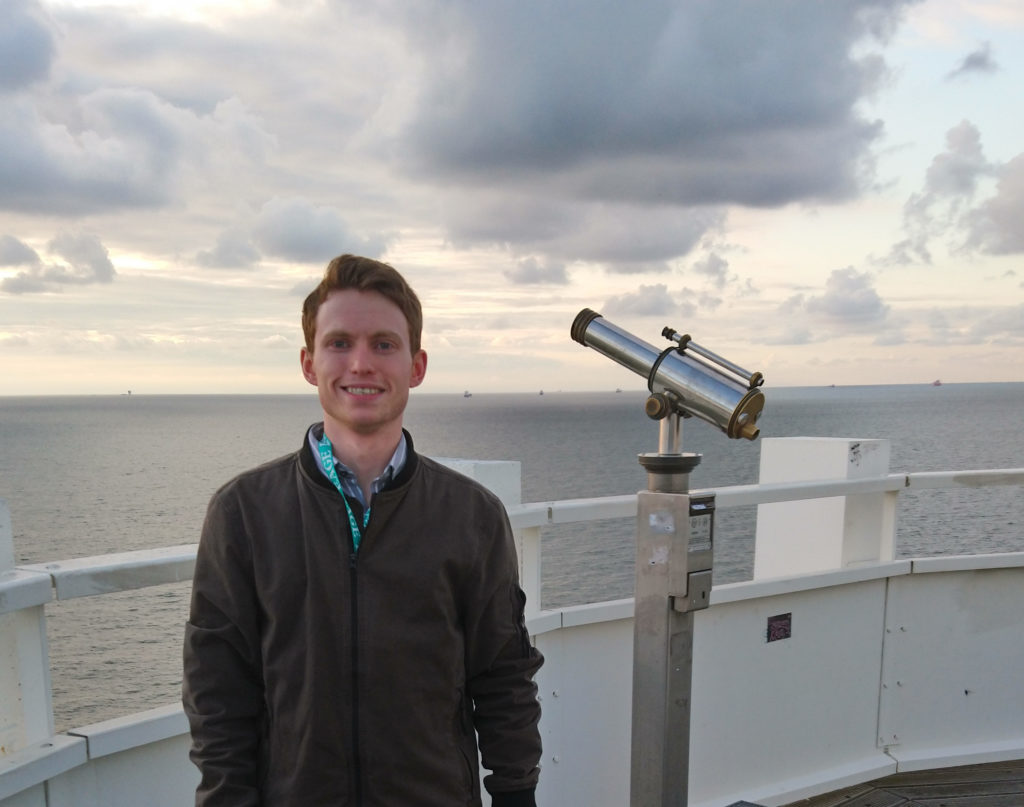
Having read for degrees in geology and geophysics I now work on a shared PhD project between the British Geological Survey and Lancaster University, where I focus on developing workflows related to long term geoelectrical monitoring on unstable slopes (man made or natural). Geoelectrical methods are sensitive to near surface moisture conditions and rock types which make them a not only a great tool for investigating landslides but other environmental problems (such as agricultural applications). Throughout this project I have worked on numerous challenges when processing geophysical data, not just related to my project, these include:
- Processing ‘big’ problems that require use of super computers and automation.
- Optimisation of code to speed up run times.
- Building complex near surface geophysical models.
- Data visualisation and dissemination.
As part of my efforts of the past few years, I co-developed geoelectrical processing software ‘ResIPy’, which has recently been adopted by BGS (and universities) for training purposes. The aim of the software is to make processing geoelectrical data easier for non-specialists and specialists alike in the academic realm.
To wrap up, my key interests and skills are:
- Site characterisation through geophysical methods
- Geophysical data processing
- Python
- Cython (for writing efficient algorithms used in Python)
- 3D (and 2D) data visualisation
- Workflow development
- Petrophysical relationships
Research gate: https://www.researchgate.net/profile/Jimmy-Boyd

